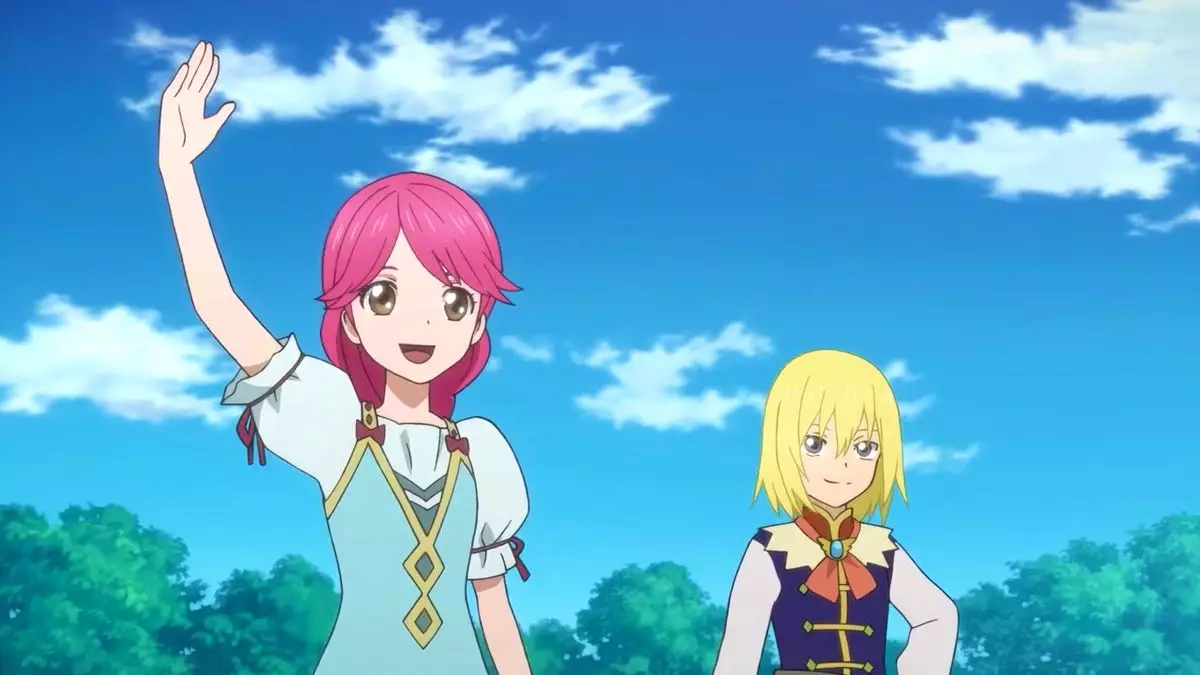For many gamers, the name Tose may not ring a bell, but this Kyoto-based support studio has woven itself into the fabric of the video game industry since 1979. While most players revel in the spotlight of renowned game developers, Tose operates in the shadows, contributing to thousands of titles, often without receiving direct credit. This article delves into the recent financial resurgence of Tose, shedding light on its historical significance and current trajectory.
In 2024, Tose found itself facing significant financial challenges that threatened its sustainability. The studio reported a staggering 27.6% drop in sales, culminating in an operating loss of 599 million yen. Such figures are reflective of the turbulent nature of the video game industry, where project cancellations can abruptly derail even the most promising endeavors. The cancellations that plagued Tose included several in-development games, leading to a grim outlook for the company.
Nevertheless, the tides began to shift as Tose embraced new opportunities. The remastering of “Tales of Graces f” proved to be pivotal for the studio. By capitalizing on its expertise in game development, Tose showcased its ability to adapt and revitalize established franchises, marking the beginning of a much-needed turnaround.
Fast forward to January 2025, Tose’s fortunes began to improve significantly. The company reported net sales of 1,719 million yen, an impressive increase of 83.5% year-on-year. In addition to recovering from the previous year’s losses, Tose recorded an operating profit of 296 million yen, highlighting its successful pivot back to profitability. The resurgence was not solely due to one project; however, the contribution of “Tales of Graces f Remastered” was undeniably a crucial factor in Tose’s positive trajectory.
This remarkable turnaround emphasizes the resilience of Tose as a company, demonstrating its capacity to bounce back from financial obscurity. The ability to adapt to industry trends and deliver polished game experiences has quickly garnered attention and renewed appreciation for the studio’s expertise.
Despite its triumphant comeback, Tose remains mysteriously secretive about the vast array of projects it has supported throughout its history. While it has only taken public credit for a handful of titles, the Game Developer Research Institute estimates that the studio has contributed to over 2,000 games. This includes historical projects like the art direction for “The Sims 2” and music for “Dragon Quest IX.” Tose’s hidden contributions carve an intriguing narrative in gaming history that often goes unnoticed.
As the gaming landscape shifts increasingly toward cooperation and collaboration, the role of support studios like Tose cannot be overstated. Their behind-the-scenes work ensures that major titles meet the high standards that consumers expect, underscoring the importance of teamwork in this creative industry.
Ultimately, Tose’s journey reflects both the challenges and triumphs of the broader game development landscape. As it moves past recent hardships and continues to adapt, there is no doubt that Tose’s influence will persist, quietly shaping the future of gaming as it has for decades. While gamers may not be fully aware of Tose’s contributions, the studio’s revival serves as a testament to the critical role they play in bringing beloved titles to life.


Leave a Reply